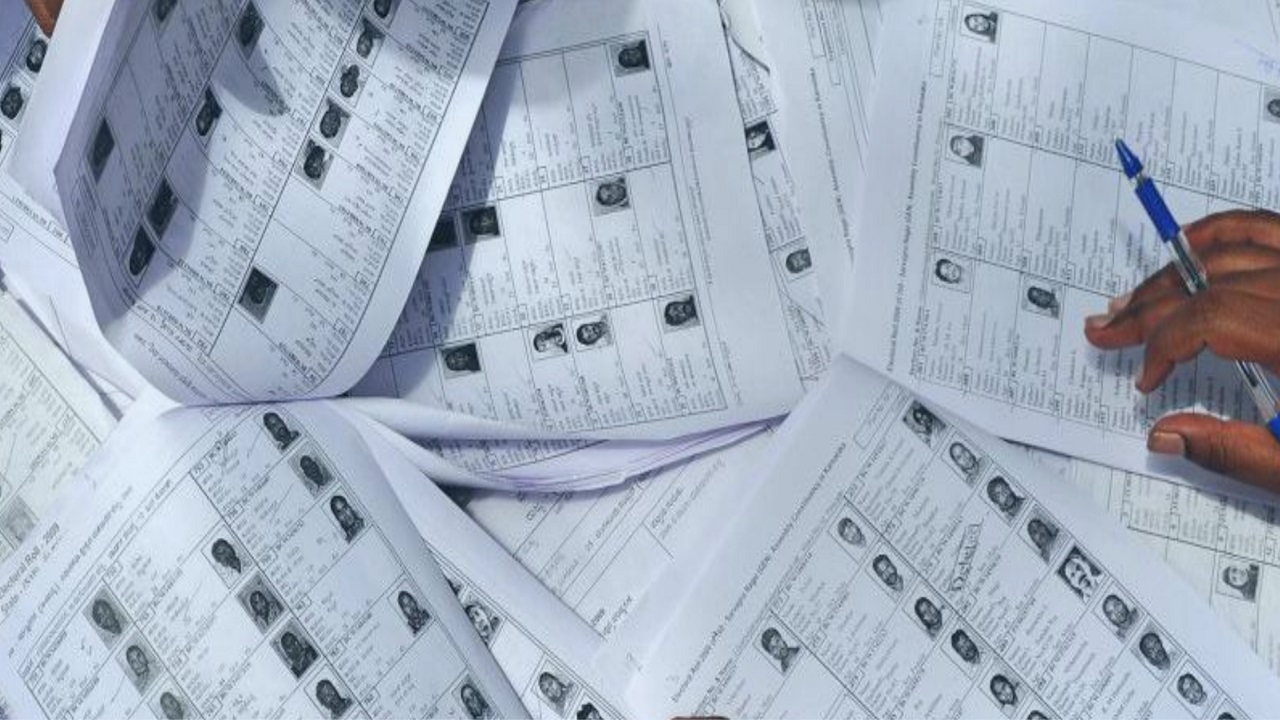Electoral Roll Revisions : Balancing Citizenship Verification and Universal Suffrage
Context
The Supreme Court’s recent order (2025) in Association for Democratic Reforms (ADR) vs Election Commission of India on the issue of Special Intensive Revision (SIR) of electoral rolls in Bihar has reignited debates around citizenship verification, voter exclusion, and the right to vote. This order recalls the earlier 1995 ruling in Lal Babu Hussain vs Electoral Registration Officer, where similar concerns had emerged.
Introduction
Free and fair elections are the foundation of democracy. The right to vote is a constitutional guarantee under Article 326, linked with the principle of universal adult suffrage. Any attempt to restrict voter inclusion must be carefully scrutinized, balancing the need for accuracy with the protection of citizen rights.
Historical Parallel – Lal Babu Hussain Case (1995)
-
The Election Commission of India (ECI) sought to declare certain voters as non-citizens.
-
The Supreme Court ruled that no person could be forced to prove citizenship without credible evidence.
-
It directed Electoral Registration Officers (EROs) to conduct full inquiries and allow affected voters to present evidence.
-
The ruling triggered a political backlash against the then ruling Congress party.
Present Issue – Special Intensive Revision (SIR), Bihar
-
Legal basis: The Representation of the People Act, 1950 and the Registration of Electors Rules, 1960 provide for summary and intensive revisions, but not for Special Intensive Revision, making SIR without clear statutory backing.
-
Rationale of ECI: Introduced to remove non-citizens from electoral rolls.
-
Concerns raised:
-
Use of 2003 electoral roll as the only valid base.
-
Acceptance of only a narrow set of documents, excluding Aadhaar and Electoral Photo ID Card (EPIC).
-
Burden of proof shifted to citizens to establish their own citizenship.
-
-
Parallel instance: In Delhi and Mumbai (1994), similar exclusions occurred until the Bombay High Court intervened, allowing ration cards as valid proof.
Supreme Court’s 2025 Order
-
Directed the ECI to make draft electoral rolls accessible and searchable.
-
Mandated that reasons for voter exclusion must be provided.
-
Ordered acceptance of a wider range of documents, including Aadhaar and EPIC.
-
Significance:
-
Strengthens transparency and natural justice.
-
Shifts the focus from citizenship verification to the accuracy of voter rolls.
-
SC–ECI Institutional Relationship
-
Cooperative phase: The SC has supported reforms such as asset declarations, disqualification of convicted politicians, and NOTA.
-
Occasional divergence: The Electoral Bonds case saw the SC striking them down despite ECI’s neutral position.
-
Present stance: The 2025 order is a gentle nudge towards transparency, not a confrontation.
Democratic Principles at Stake
-
In the 1951 electoral rolls, even the homeless and nameless (especially women) were included, safeguarding universal suffrage.
-
The SIR approach risks exclusion, undermining this inclusive foundation.
Conclusion
The Supreme Court’s insistence on transparency and fairness in electoral roll revisions reinforces the citizen-centric nature of democracy. It prevents arbitrary exclusions and upholds the spirit of universal adult franchise. As India advances towards Viksit Bharat@2047, electoral reforms must become legally accountable, technologically robust, and socially inclusive, ensuring that no eligible voter is left out of the democratic process.


1.jpg)

Comments (0)